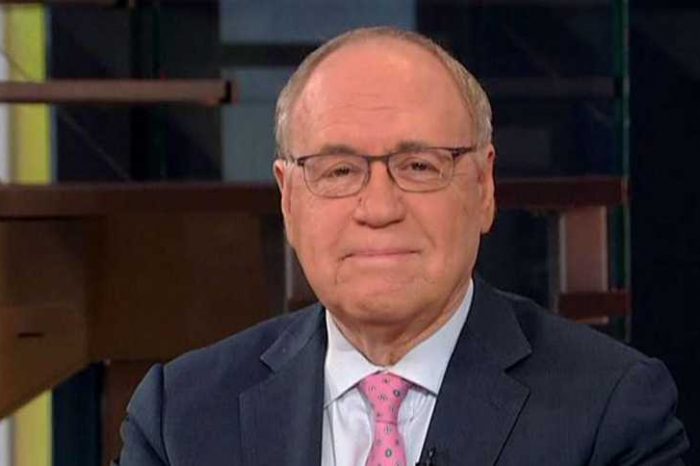Dr. Ezekiel Emanuel says COVID-19 will be here for the next 18 months or more. Is this another coronavirus media fear mongering or a warning that must be taken seriously?

Coronavirus has caused unimaginable damage that may take years to recover. As of today, there are about 1.5 million confirmed cases with at least 81,248 deaths. With millions of Americans staying at home, many are wondering when things will return back to normal. At this point, no one knows. However, experts are saying it may take anywhere between 12 months to 18 months.
One of these experts is Dr. Ezekiel Emanuel. In an appearance on MSNBC, Dr. Emanuel said that coronavirus will be here for the next 18 months or more. The question is, how accurate is this prediction? Just last week, we were told by health officials that between 100,000 to 240,000 will die from the deadly virus. The model was later revised lower as more data comes in. Even CDC Director said coronavirus death toll will be ‘much, much, much lower’ than projected.
Many other experts are warning us about the media fear mongering. For example, COVID-19 projection for New York was way off. As former NYT reporter pointed out: “Great new NY state data: (hospitalizations tend to rise some on Mondays, but the trend is still clear). Net intubations rose by less than 100, down 80% since Friday! A fantastic day for reality, a terrible day for Team Apocalypse.”
Great new NY state data: (hospitalizations tend to rise some on Mondays, but the trend is still clear). Net intubations rose by less than 100, down 80% since Friday! A fantastic day for reality, a terrible day for Team Apocalypse. pic.twitter.com/wiWhdS7iFJ
— Alex Berenson (@AlexBerenson) April 7, 2020
With still many unknowns about the coronavirus, it is important that we take this prediction seriously. Please watch the video below and make your own decision.
Excepts below
EZEKIEL EMANUEL: No one is immune to the COVID-19 virus. It threatens all of us. But while we are all experiencing the same pandemic, we are not experiencing it in the same way.
The first dividing line is whether you or someone you love has gotten sick. Many Americans have not yet seen firsthand what devastation a positive test can inflict.
Another dividing line is whether you have a job that lets you stay at home, working as you juggle child care and video chats.
60 million Americans are still out there not sheltering in place and instead tirelessly working to keep everything going for the rest of us. You keep the electricity flowing and the internet running, food and groceries moving. You are putting your own health on the line to ensure the rest of us are living as normally as possible.
And then there are the tens of millions of Americans who have lost jobs and businesses, or who fear that they’re just about to. Your anxiety about the virus is coupled with worry over having a paycheck, covering the mortgage, keeping the lights on, and buying food.
Realistically, COVID-19 will be here for the next 18 months or more. We will not be able to return to normalcy until we find a vaccine or effective medications. I know that’s dreadful news to hear. How are people supposed to find work if this goes on in some form for a year and a half? Is all that economic pain worth trying to stop COVID-19? The truth is we have no choice.
If we prematurely end that physical distancing and the other measures keeping it at bay, deaths could skyrocket into the hundreds of thousands if not a million. We cannot return to normal until there’s a vaccine. Conferences, concerts, sporting events, religious services, dinner in a restaurant, none of that will resume until we find a vaccine, a treatment, or a cure.
One thing I’ve learned as a cancer doctor is that it’s wrong to paint an overly rosy picture in order to maintain a patient’s hope. It’s wrong because it fails. It’s false. Biology and disease are formidable opponents that inevitably tell us the truth. We cannot relieve the oppression of this pandemic until we are realistic. We need to prepare ourselves for this to last 18 months or so and for the toll that it will take. We need to develop a long-term solution based on those facts. It has to account for what we are losing while this fight goes on, things like schooling and income and contact with our friends and extended family.
The crisis is not going to go away in a few weeks or after the 30-day plan comes to an end. Although COVID-19 is affecting us in different ways, we have to be up to it and fight together.




